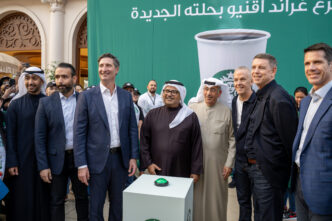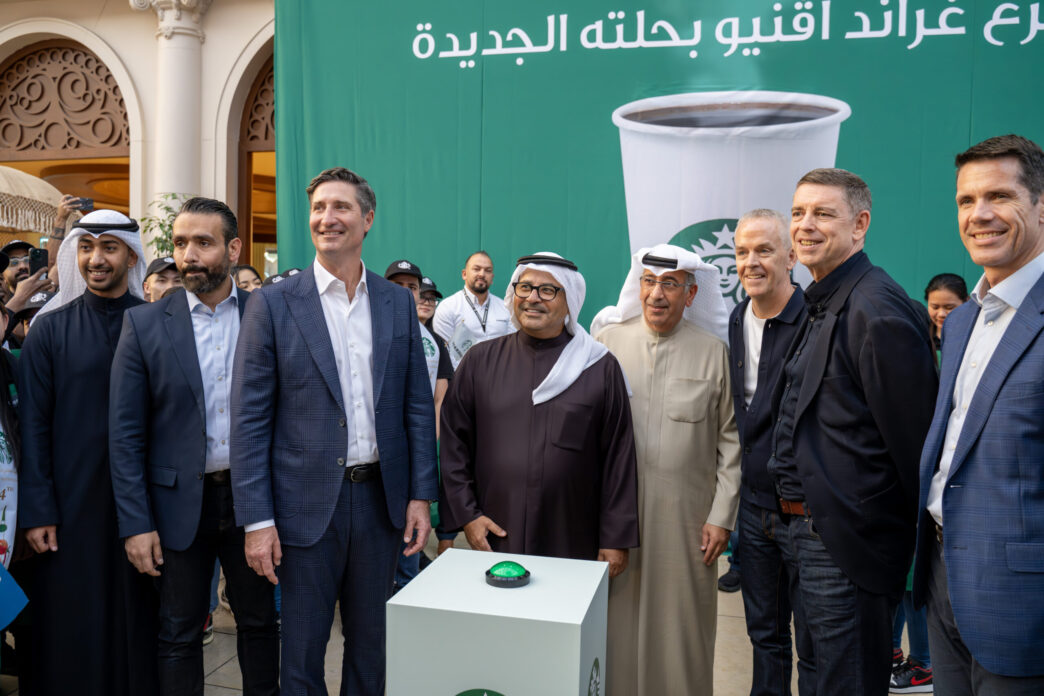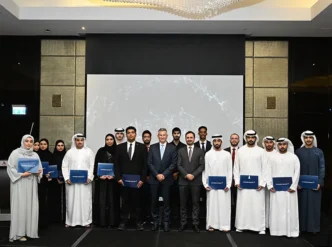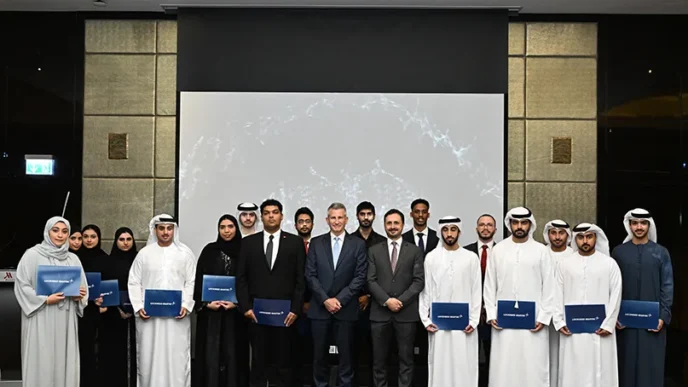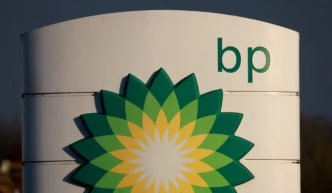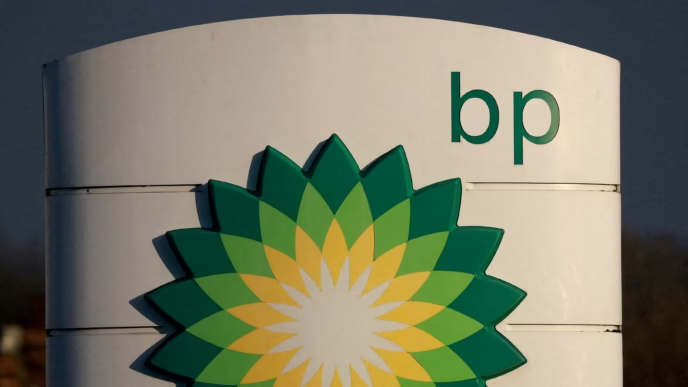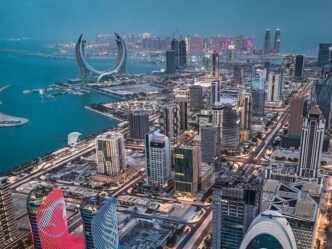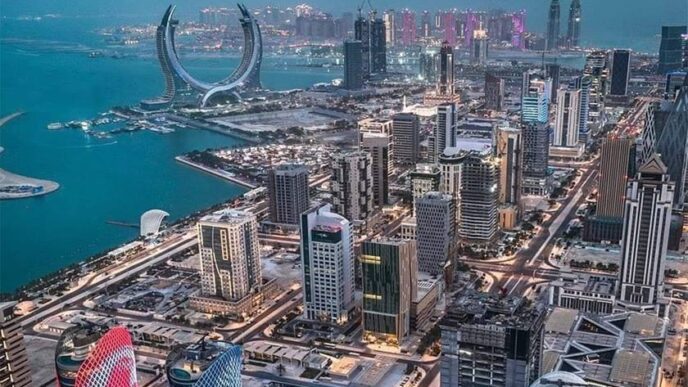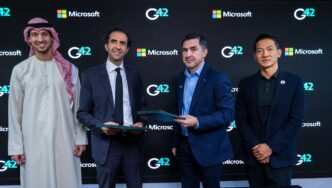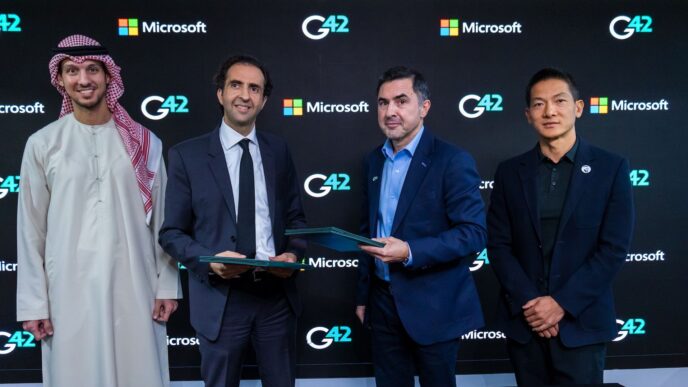Starbucks and Alshaya Group continue to reinforce their long-standing partnership in the Middle East, highlighting their shared commitment to business expansion, community engagement, and youth empowerment in the region.
In early February, senior leadership from Starbucks, including CEO and Chairman Brian Niccol, visited the Middle East to celebrate the company’s regional growth and deepen connections with employees and business partners. During the visit, the leadership team engaged with Starbucks’ local workforce, explored store operations, and met with representatives from Alshaya Group, Starbucks’ licensed partner in the region.
The Middle East has played a significant role in Starbucks’ global strategy for over 25 years. The company has emphasized community investment and workforce development as key elements of its presence in the region. One of the major announcements during the visit was the launch of the EmpowerME initiative, a collaboration between The Starbucks Foundation, Alshaya Group, INJAZ Al-Arab/JA MENA, and Habitat Association. Through this initiative, a total of $6 million in grants will be provided to support mentorship, skills development, and career readiness for approximately 250,000 young people across the Middle East, North Africa, and Türkiye.
Another milestone celebrated during the visit was the reopening of Starbucks’ refurbished Starbucks Reserve® store at The Avenues in Kuwait. Originally opened in 2012 as the largest Starbucks store in the world at the time, the redesigned space integrates elements of Kuwait’s cultural and artistic heritage. The store serves as an example of Starbucks’ efforts to blend local influences with its global brand identity.
Looking ahead, Starbucks and Alshaya Group plan to further expand operations in the region, with a commitment to opening 500 new stores and creating 5,000 jobs over the next five years. Since their partnership began in 1999, both companies have worked closely to grow Starbucks’ presence in the Middle East. As the brand continues its international expansion, the Middle East remains a key market for its long-term vision.


